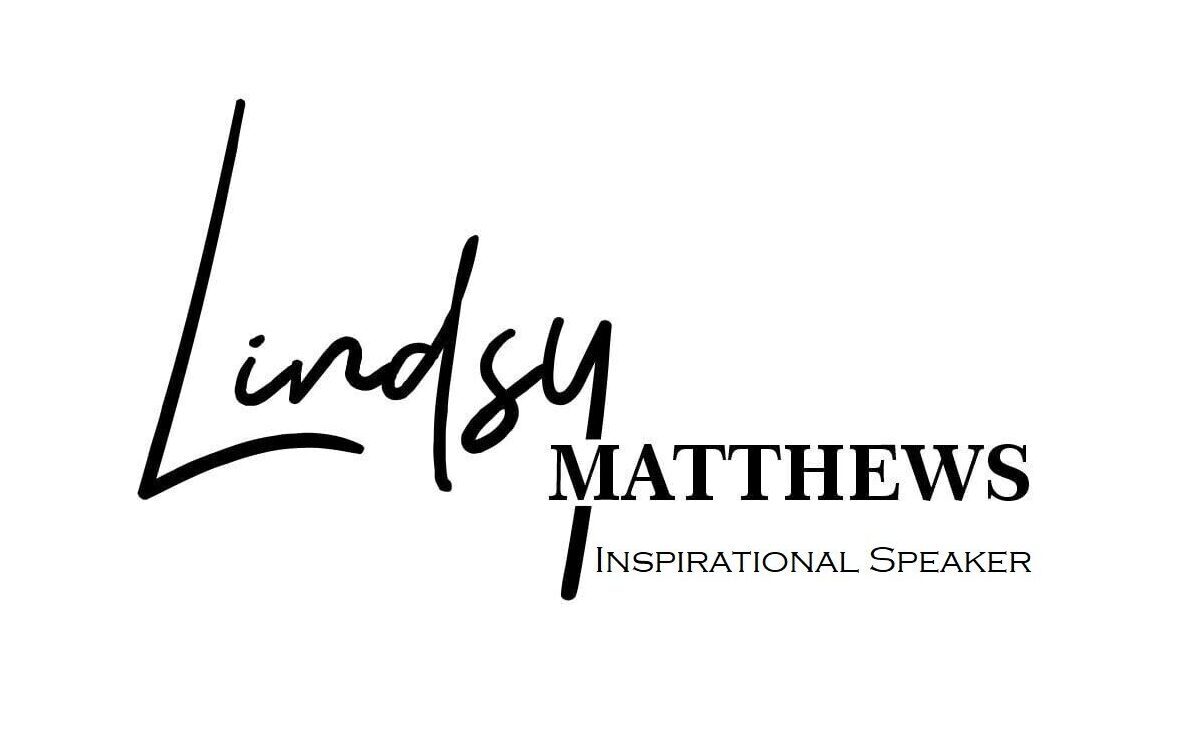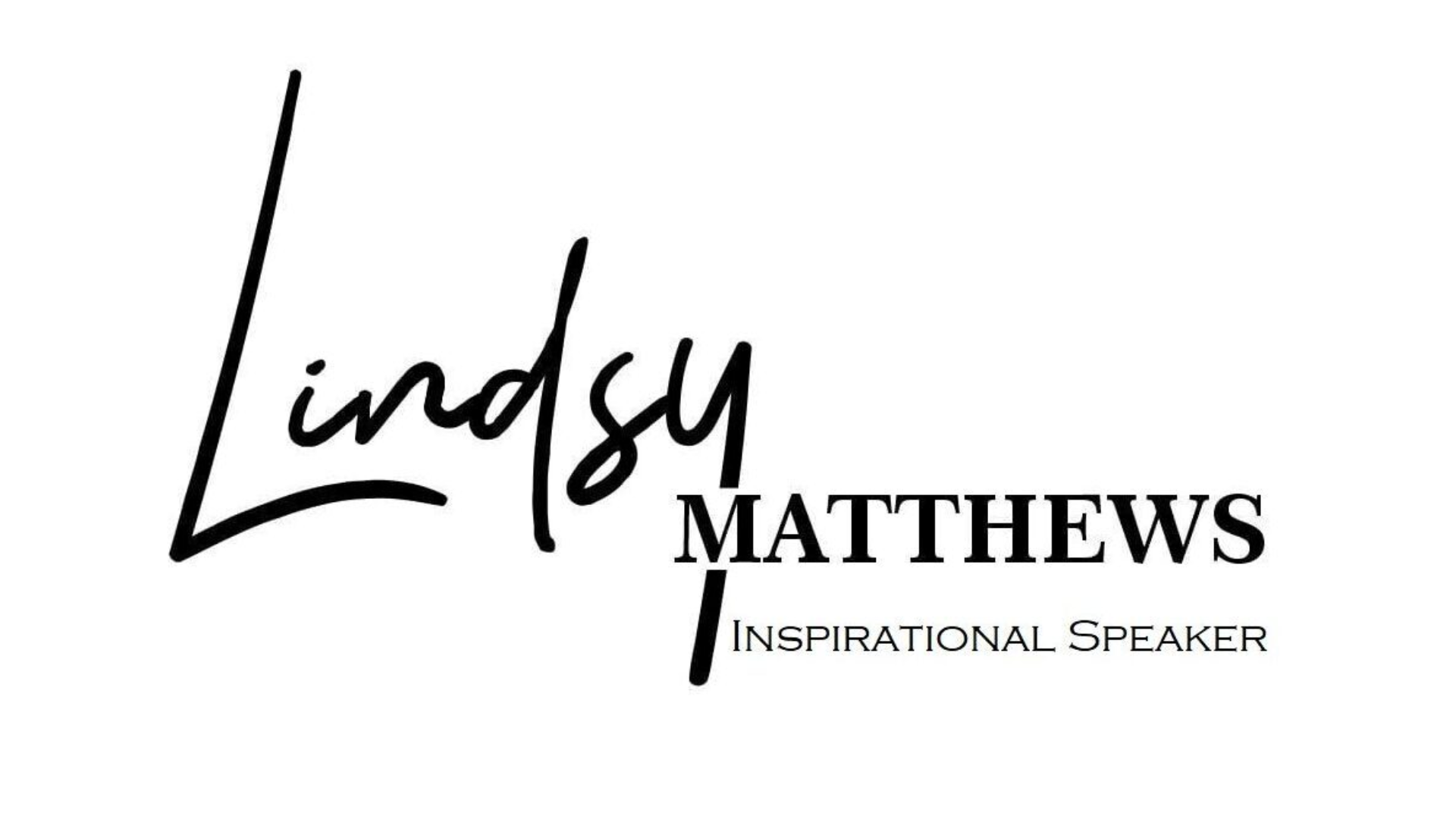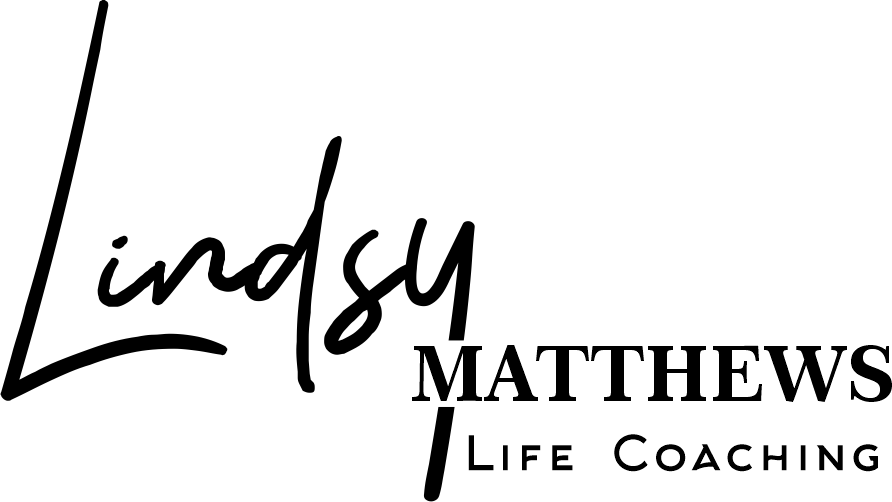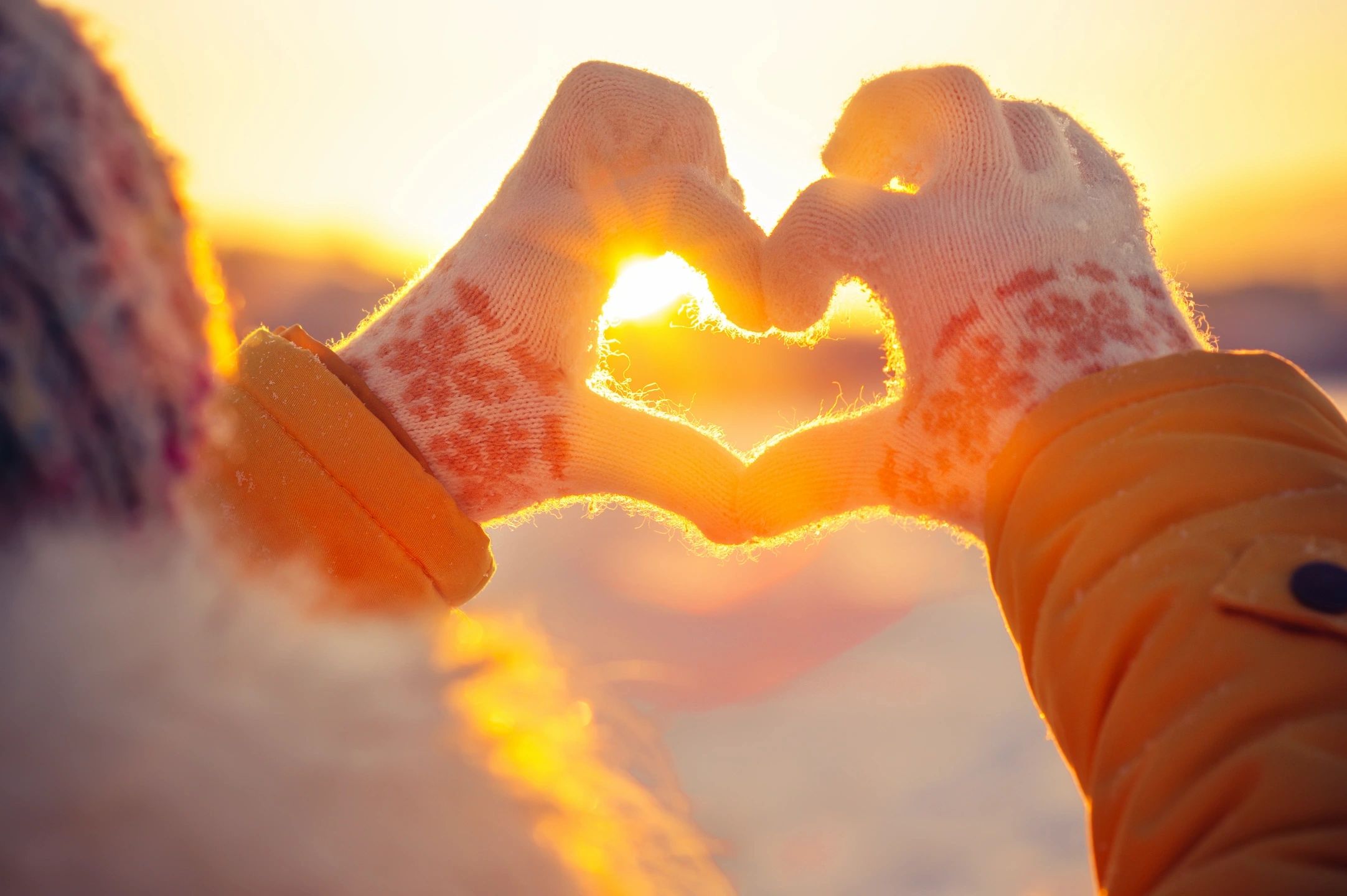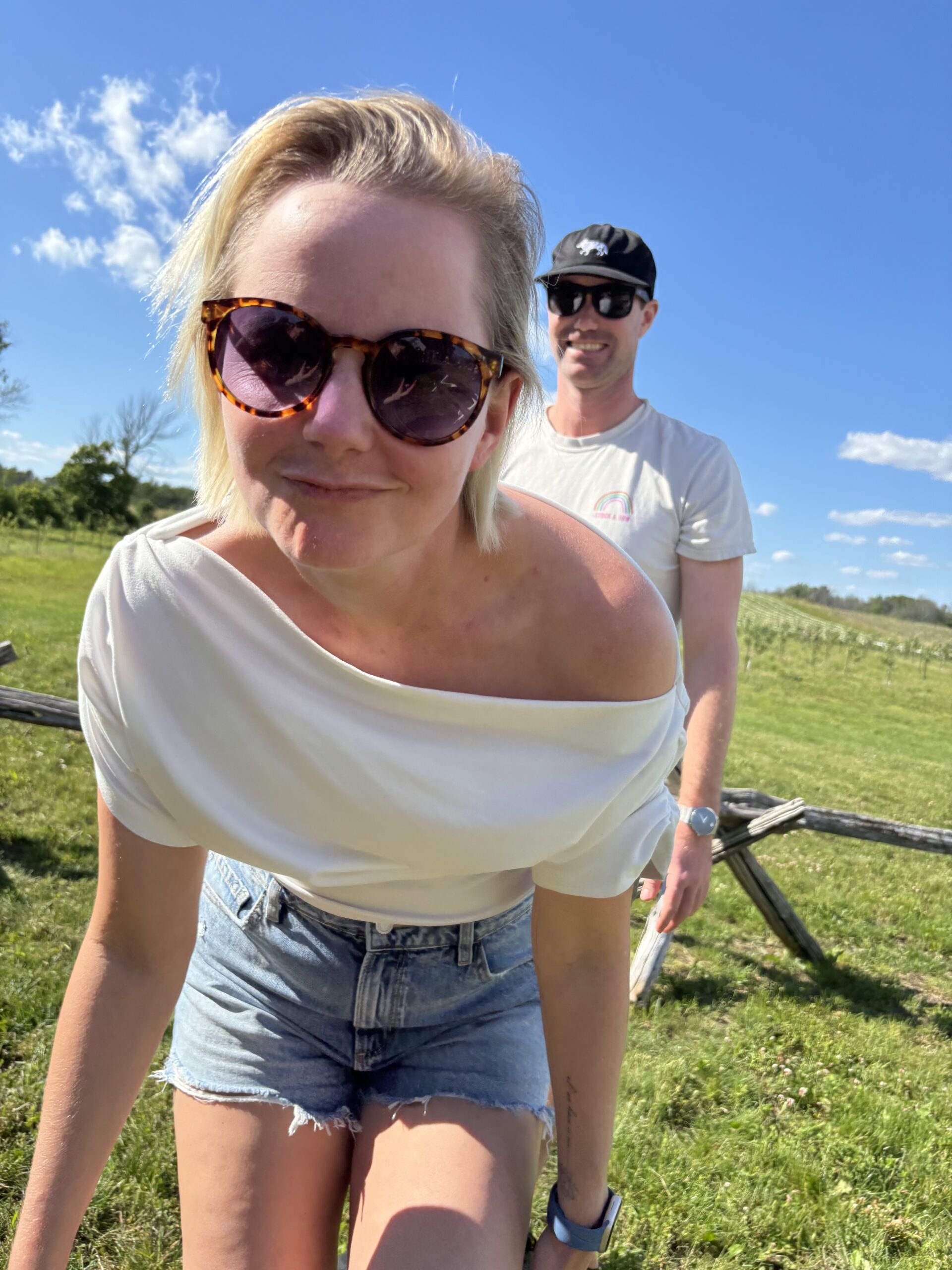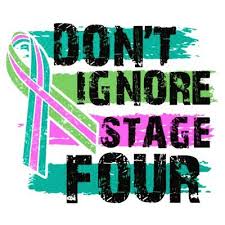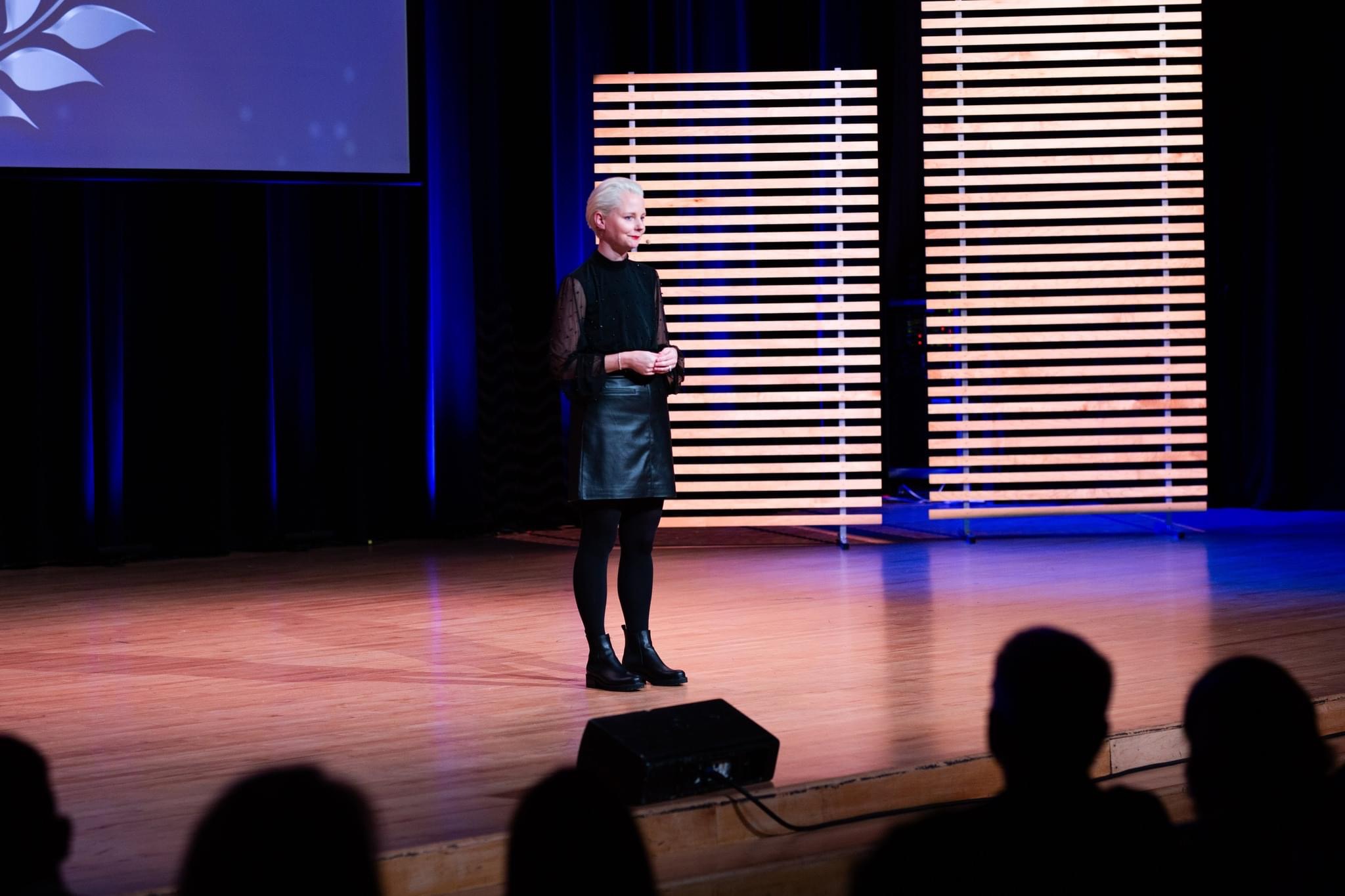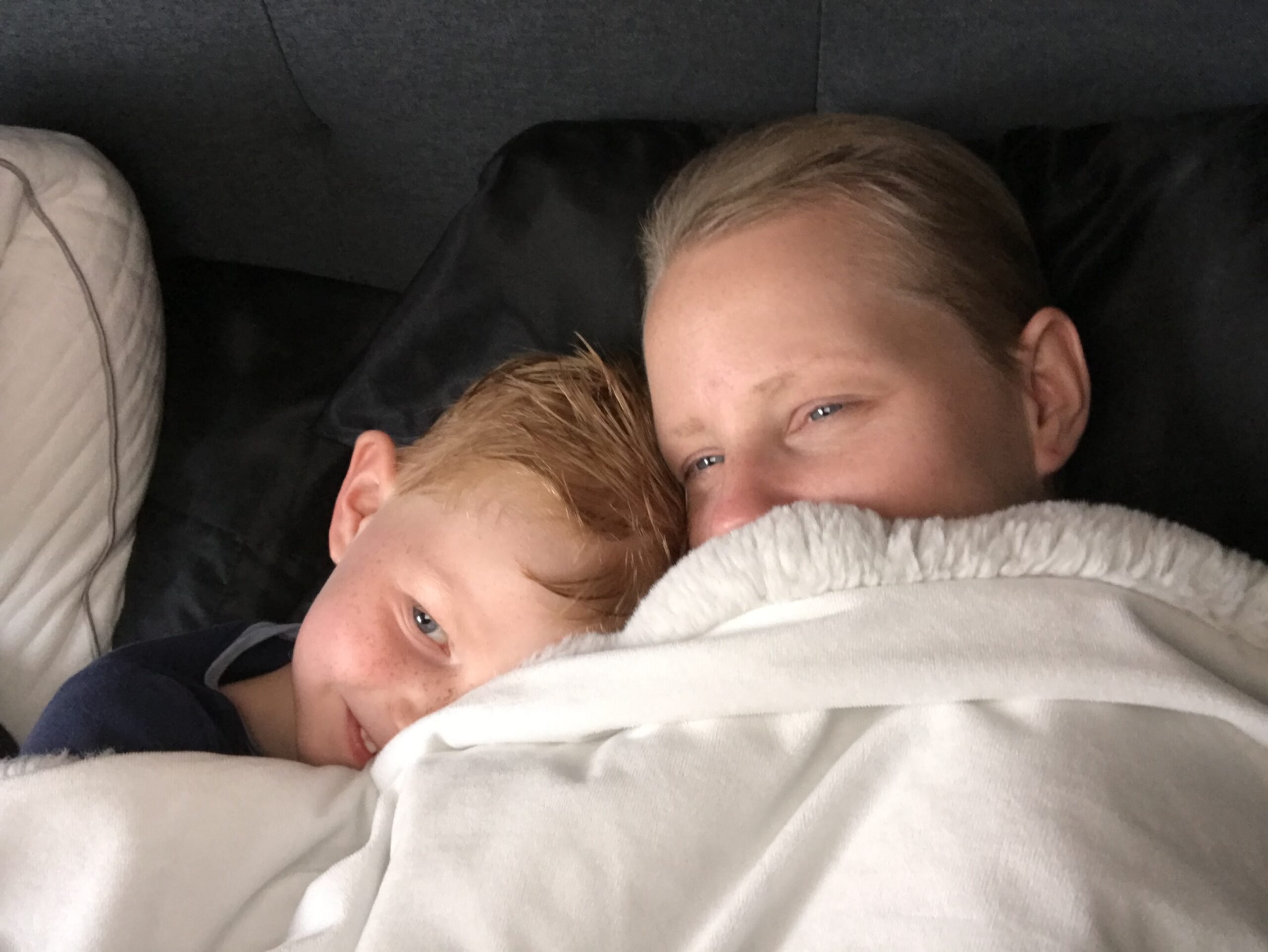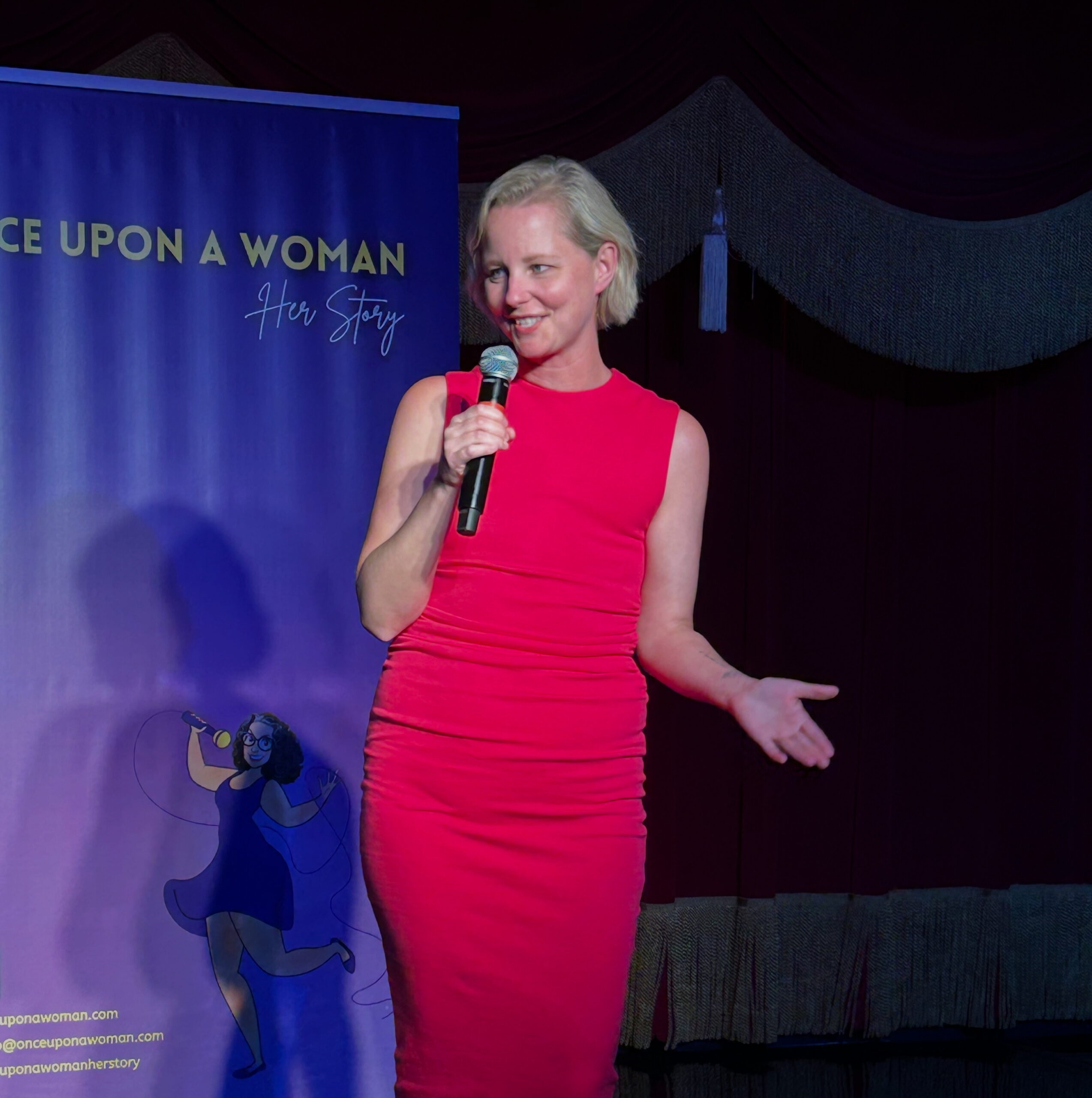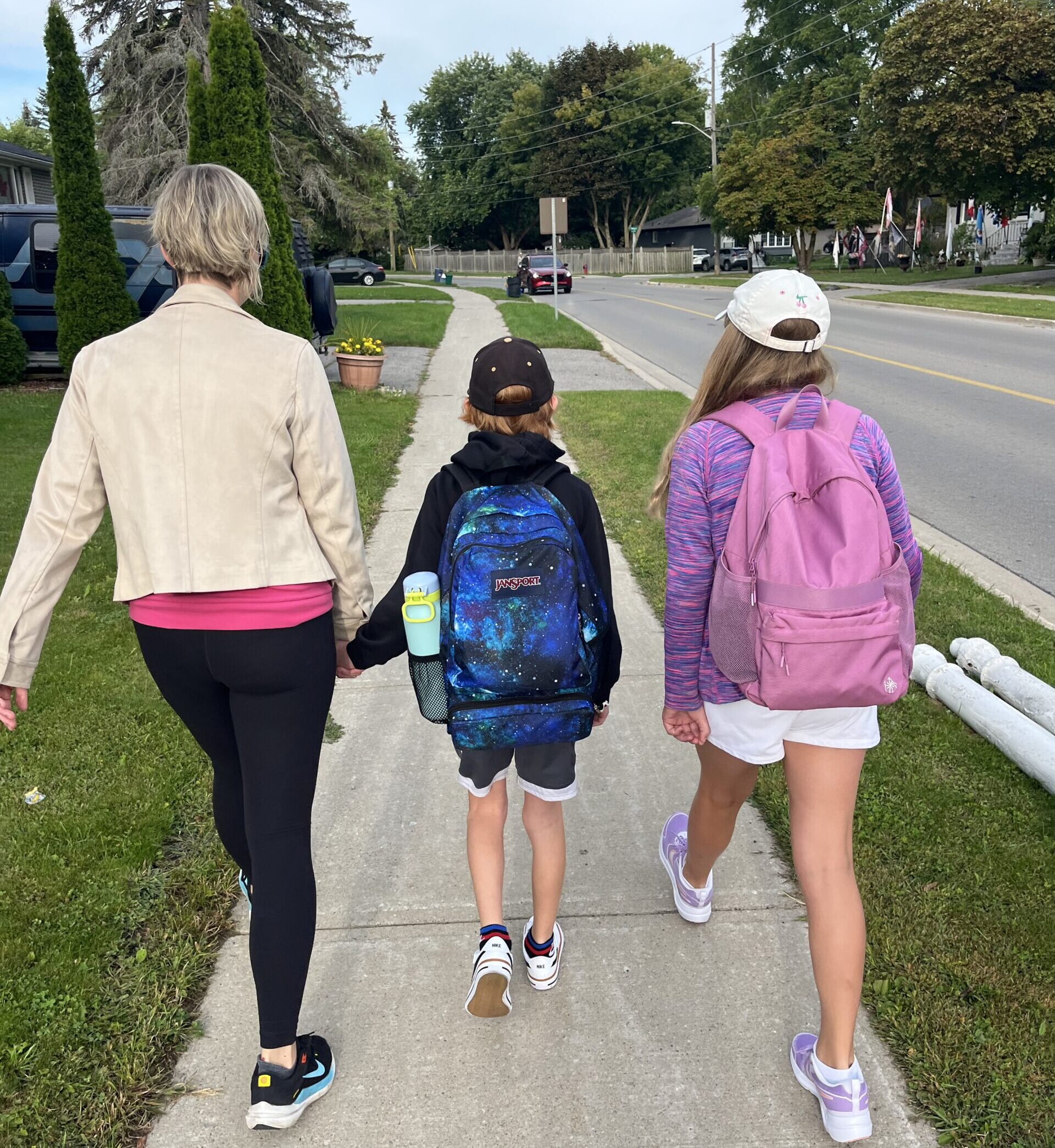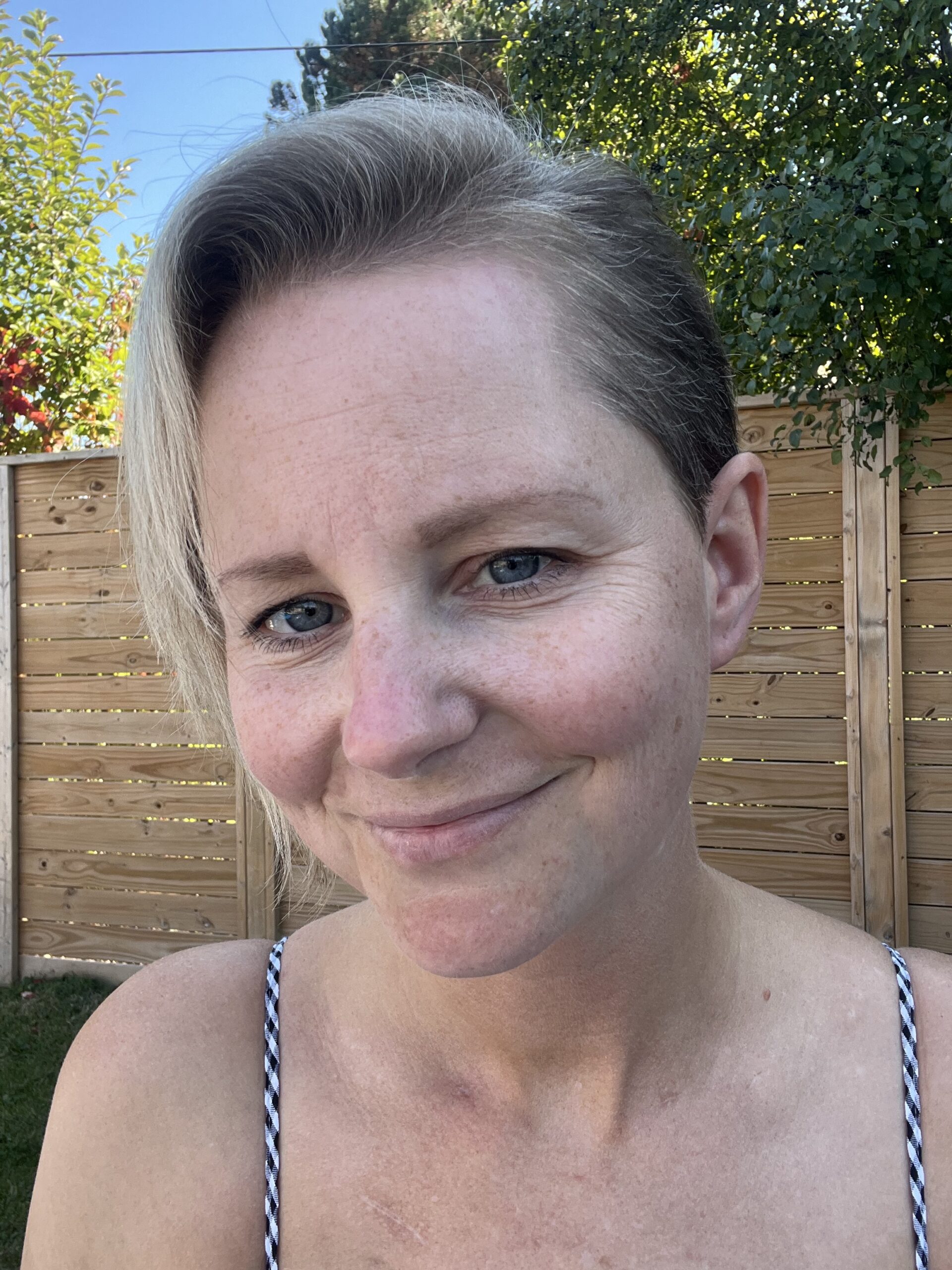“GET OFF MY LAWN!” is something I assumed I’d be yelling regularly at ‘kids these days’ at a grand old age somewhere near the end of my life. I’d be wearing who-knows-what because I’m too old to care about looking in mirrors, and I’d be complaining endlessly about the weather, politicians and the neighbours who have too many cars parked in their driveway.
But the sneaky thing about life is that there is no guarantee any of us will have those beautiful pleasures. Some of us will get a shorter run, and there’s no logic to it. It doesn’t mean you did anything wrong, and it’ll never mean you deserved it. It just means… it happens.
Or in my case, it is happening. And although it is normal to feel anger, proclaim how unfair it is and question every single life decision I’ve ever made… ultimately I had to learn to let it go, because it is a waste of the precious time I have.
They say hindsight is 20/20, so let’s borrow that perspective together and realize we’re currently IN the moments we’d one day give anything to return to. The big, the adventure, the boring, and the ordinary. Time is flying by, in case you haven’t noticed.
Now, the thing about being in the 4th quarter of your life – is that you think about the beginning a lot, the good old days when you were young and wild and free. Turns out, sometimes I can’t stop thinking about those formative years when my friends were the most important thing to me in the entire world.
“YES MOM AND DAD if I miss this Friday night with my friends I think I will actually DIE.” is what I remember saying every single weekend… Jokes on me I guess!
I’m talking about a specific group of my friends, who have always been affectionately referred to as my high school friends. But the truth is they’re really my middle school friends, and I am lucky enough to even have a kindergarten friend… and they’re the friends that I’m dying to spend my biggest milestone birthday with so far.
Ba-Dam-Tss!
That milestone? The 40th.
Since January, there have been many different birthday celebrations with different friends and family. But for as long as I can remember, there was always some level of discussion about how we’d have to do something big together, like a trip!
And it’s actually happening.
We have all built lives that have gone in a ton of different directions and we honestly don’t all keep in touch as much as you’d think. That’s the way it’s supposed to be. We live in different cities, we have different types of jobs, we’re married, have children, are single, don’t have children, we’re renovating, we’re engaged, we’re a little bit of everything. And I’m proud of us.
So who thought this would actually come together? Honestly, not me. But here I am, one of the loudest supporters of this celebration, and the reason is this.
These are the friends who taught me everything I know about being a friend. I also learned how to be a girlfriend, a good friend, a best friend, an asshole (only sometimes…), and they’re the ones who I even credit for my sense of humour. So if you don’t think any of this is funny you can blame them.
They’re also the people who I made mistakes with, broke rules with, made the biggest decisions of my life with, chose future paths with, laughed with, cried with, hated, loved, grieved with and have stuck with, and will always be there for, no matter what for an incredible 25+ years!
How lucky are we? I don’t know how common it is, but it feels pretty freaking special.
I know that not everyone who reads this has had this same experience. But hopefully you have at least one or two people who’ve known you for a long time, during the same impressionable time period. Who’ve seen different versions of you, who’ve watched you grow up, rooted for you, annoyed you, or silently supported you over the years. It all matters.
There are so many kinds of relationships and friendships, and the deep connections I’ve made with friends later in my life are equally significant to me, but I will get to that another day.
Right now, this milestone in my experience of life has me thinking about these specific people more than ever, because I owe so much of who I am, as an adult, to them.
When you’re racing around Burlington in the middle of the night in your parent’s minivans, doing a scavenger hunt against the rest of your friends – you’re learning so much about what you can and can’t get away with, and you’re building your tolerance for risk. Plus you’re also figuring out which household you can go home to and not get in trouble with when the police escort you home…
Growth mindset, am I right?
Or that time we decided that throwing bacon on a car as a prank instead of eggs would be much funnier – and more respectful – to the other car owner because it is easier to clean and won’t chip the paint…
Maturity.
And being dropped off in the middle of a forest to go have a bonfire with people from multiple schools when cell phones didn’t exist?
Lessons in nature and navigation.
Our first jobs at McDonald’s, Tim Hortons, a movie store, the local arenas, you name it – we were all there for each other, showing up at each other’s places of work and allowing them the privilege of learning how to overcome temptation to slack off, focus and do their work properly…
You’re welcome.
Deciding who to call for a ride. Choosing a partner for an important group project. Staying overnight at the friend’s house your parents told you not to stay at. Sneaking out of the basement bedroom window to go meet other friends. Organizing group trips to cottages, and weekends away camping in torrential flooding rain. Learning new skills like snowboarding, managing money, rollerblading, driving, running from the police, and figuring out what’s funny and what’s straight up offensive… All very important life skills.
Thank goodness for those friends.
Now we’re having children of our own, and one day we’ll know exactly what they’re trying to get up to.
Preparation and evolution.
If that isn’t all convincing enough, get this. There’s actually fascinating research showing that acting younger with the people you knew when you were younger, can actually make you biologically younger.
Read that again.
It was the famous 1979 Harvard study called “counterclockwise” by psychologist Ellen Langer. A group of older men spent a week together living as if it were 1959 (20 years younger). They were surrounded by music, magazines, pictures and memories of their youth, and also told to act and talk as if they were in that year.
By the end, they were different. Their posture, memory, grip strength, and even eyesight had improved measurably. And this study has been backed up by other studies since… So naturally the only conclusion is that it’s actually GOOD FOR YOUR HEALTH.
In other words, a vacation with old friends to a beautiful turquoise ocean, sandy beach, hot temperatures and a pickleball court is necessary. As long as we listen to good music, talk about old memories, look at old pictures, talk like we used to, laugh a ton and forget that we’re older with big responsible adult lives.
Ok.
It’s science. When people reconnect with younger versions of themselves, through old friends, familiar rituals, or nostalgic settings – stress levels drop, mood and cognition improve, and their bodies respond as if they’ve turned back the clock.
Twist my arm.
And I know that friendships evolve and change with time, and I love that. We all grow much closer to some and farther from others, because life does what life does. What matters is that we all shared those formative years with each other and that means we’ll always be connected in one way or another.
For the good, the bad and the lessons learned, I’ve found gratitude in all of it. Even for the hardest parts, because once you’ve overcome those challenges, you see them for what they are. It’s all just a part of the human experience and a chance to keep growing into the person you want to be, and building the life you want to live.
And for the love of… GET OFF MY LAWN.
